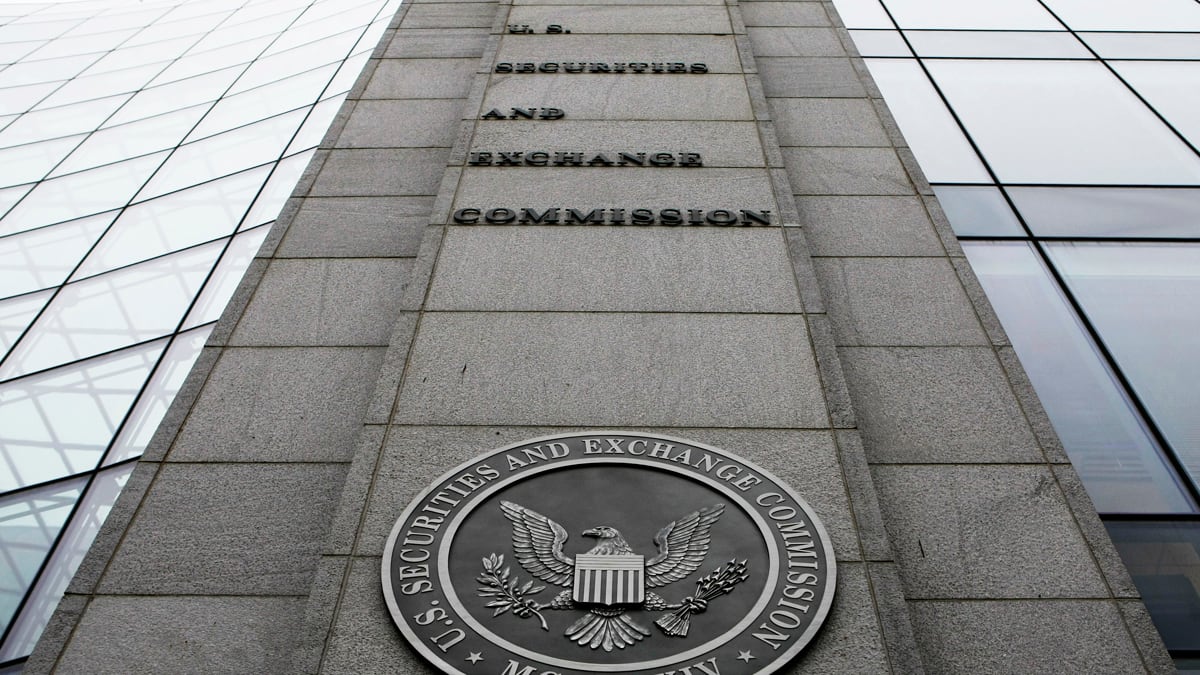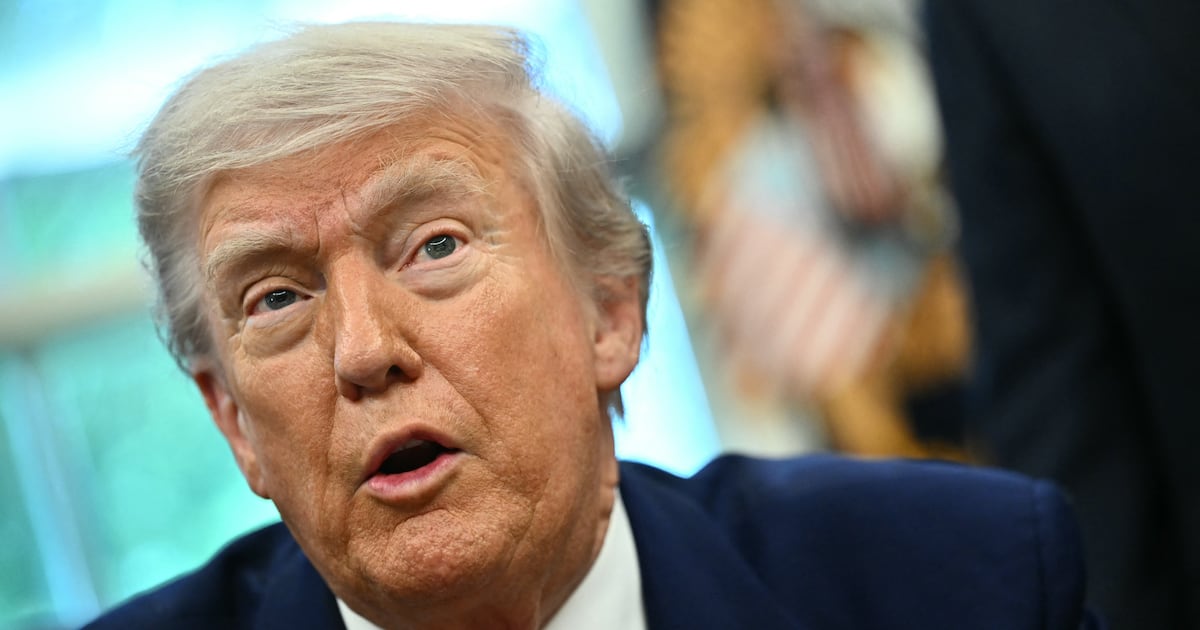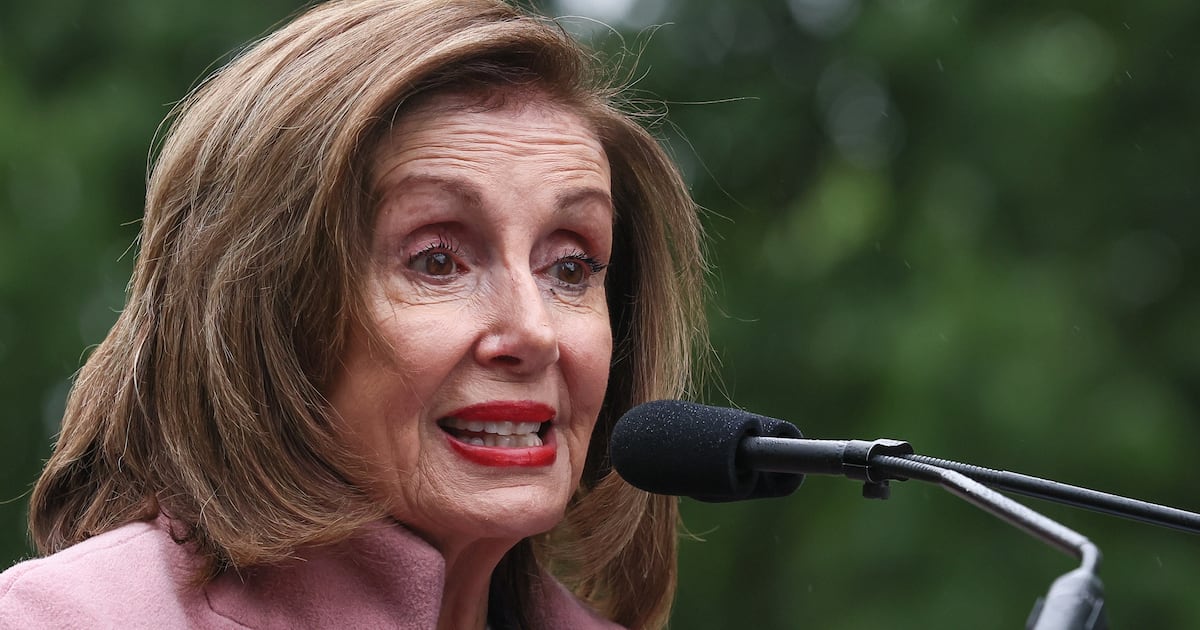Transparency and clarity in financial markets have been key factors in weeding out bad actors and fraudsters. Back in the 1930s, legal rules were put in place that were quite simple: if you want to raise money as a publicly traded company, you must disclose details about finances, leadership, markets, pension and off-balance-sheet liabilities, litigation exposure, compensation, insider purchases by executives, debt etc. One of the key tools used to make this disclosure is the Securities and Exchange Commission 10K form.
The system doesn’t work perfectly. Executives might fudge numbers or deceive. But if they do, they face hefty fines, and possibly jail time for the offense.
Now a collection of thinkers over at the Wharton School of Business website, including some of the brightest legal minds on Wall Street, have proposed on America’s birthday that we need a 10K for the United States. (Full disclosure: David Lawrence, one of the authors, is a friend.) The logic is simple but compelling: We the citizens, as the shareholders, need an honest reckoning from our “executives” (politicians) about the condition that our “firm” (the country) is in.
As the writers point out, the 10K emerged from the depths of the Great Depression because people lacked confidence in financial markets. We not only had economic problems in the 1930s, we had trust issues. You can say the same about our politics today. It’s not just that problems like the massive public debt are lurking, it’s that our political leaders are not honestly and openly discussing it. Indeed, there is a huge debate about exactly what the debt is.
But beyond trust, there is the central issue of accountability. Washington has been rightly abuzz about the need for accountability in the private sector. From Enron in 2002 to the Wall Street crisis in 2008, we’ve heard story after story about cooked books, fraudulent transactions, etc. Executives have gone to jail for accounting fraud. But what happens when the books get cooked in Washington? Politicians get reelected and bureaucrats get promoted. I’m not suggesting jail time. But why not require that the federal government adhere to the same accounting standards as the private sector?

Beyond merely griping about the lack of accountability, the authors go on to offer their summary of a 10K report for 2012. It’s a fair-minded but depressing read. The authors point out that America cannot be confident that its “financial statements are accurate” and that our off-the-books liabilities are astronomical. And the authors accurately point out that too many of us have bought into misleading or less-than-transparent accounting, believing that it can magically make our problems vanish. They note that “ordinary Americans now expect to work approximately one-third of their lives and be supported, at least in part, by government spending for more than one-third of their lives.”
If there are grounds for optimism, it is the authors’ assessment that, as America Inc., “our most important asset” is “our people.” So maybe it’s time for the shareholders (that would be us, the citizenry) to better assert our rights as owners.






